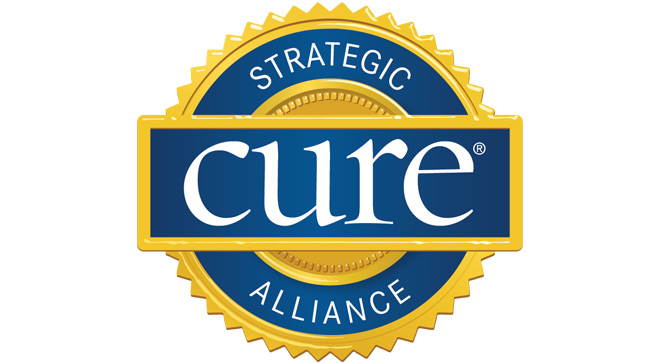Camrelizumab Combo Extends Survival in Metastatic Cervical Cancer
Alecensa Improves 4-Year Survival in Early ALK-Positive Lung Cancer
Trodelvy Plus Keytruda Upholds Quality of Life in TNBC
ADC Use Rapidly Growing in Metastatic Breast Cancer Treatment

